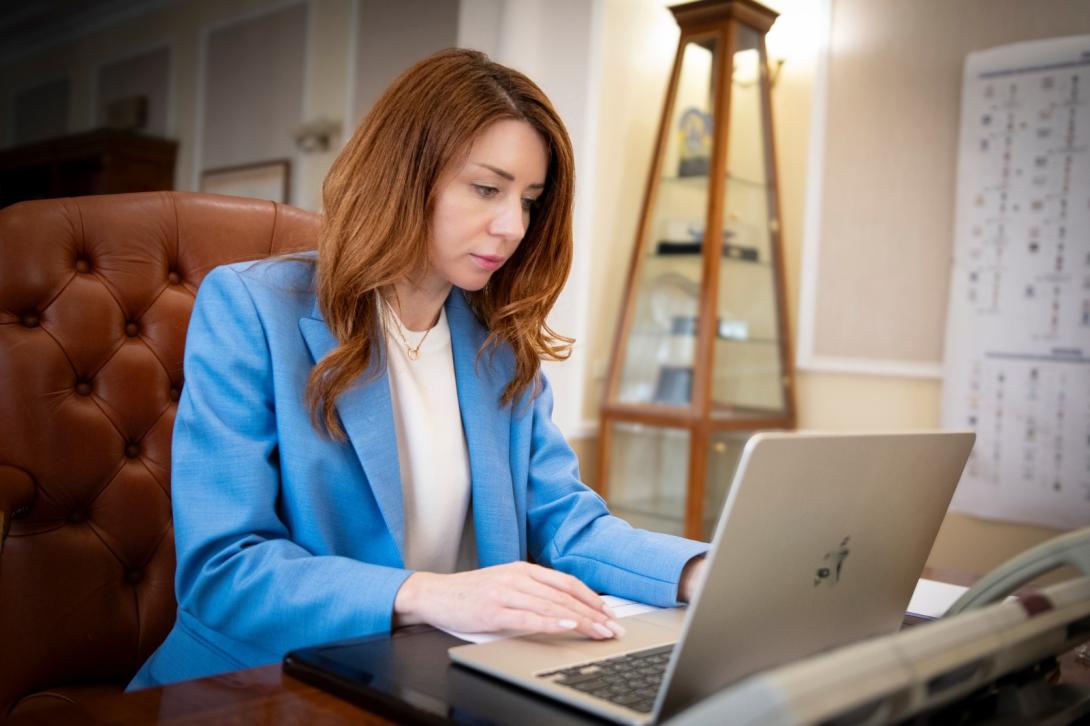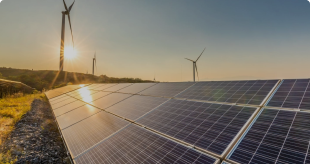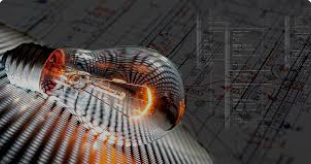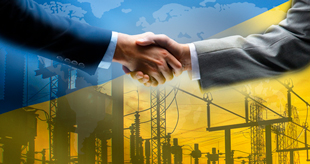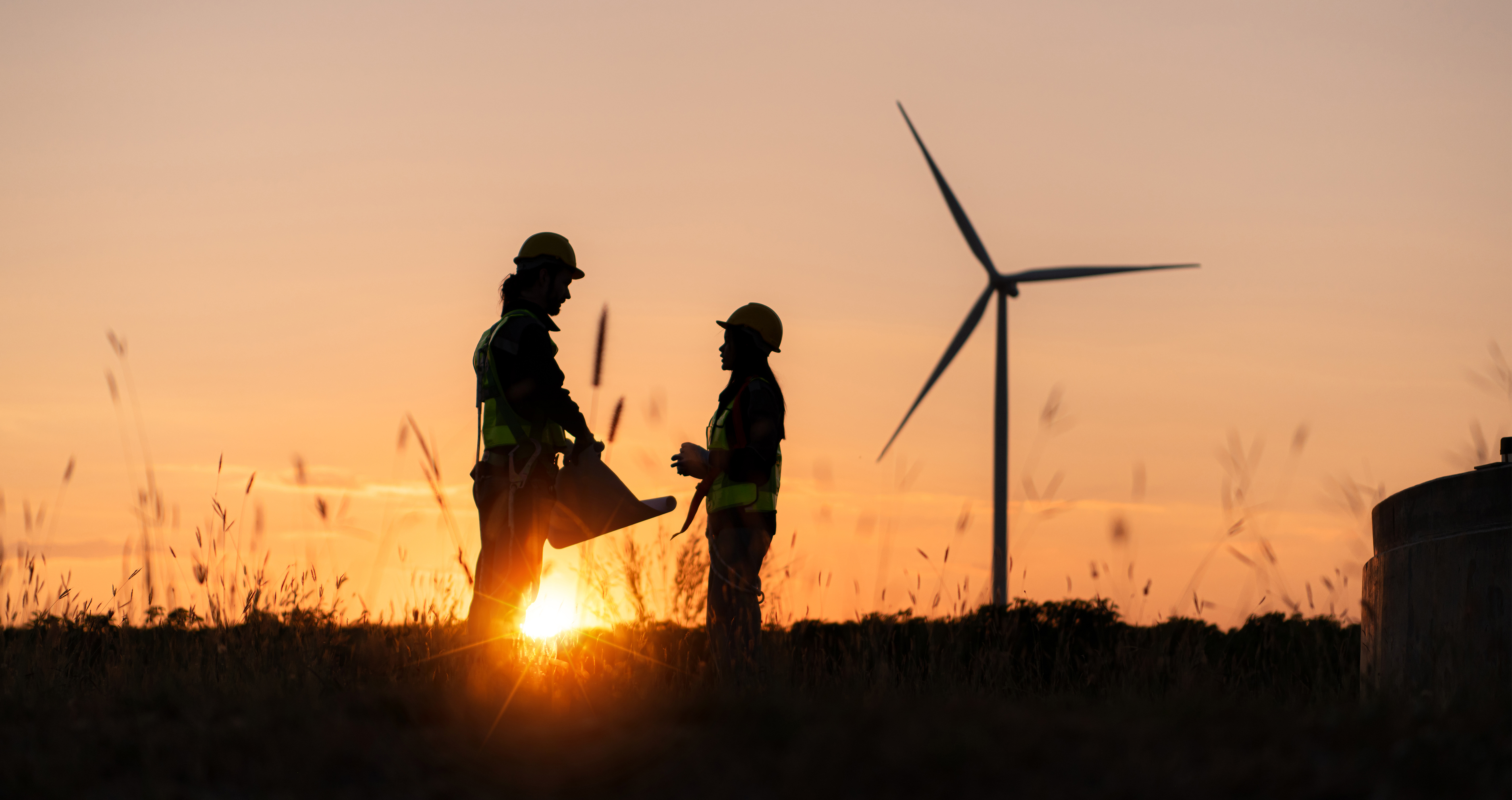Svitlana Grynchuk, Minister of Energy of Ukraine, held an online meeting with Dan Jørgensen, European Commissioner for Energy and Housing. The parties discussed preparations for the heating season, the integration of energy markets, the restoration and modernization of energy infrastructure, the development of renewable energy sources, and the production of renewable gases.
The Minister informed about the current state of the energy system and stressed that, despite the announcement of a so-called “energy truce,” russia continues to shell energy facilities on a daily basis, including alternative gas supply routes to the EU. The parties identified the protection of infrastructure and preparations for winter as a priority.
The parties also discussed the EU’s plans to phase out russian gas imports by 2027 and to increase electricity import/export limits to support the energy systems of Ukraine and its European partners.
The discussion also touched upon ongoing reforms aimed at energy markets integration and aligning Ukrainian legislation with EU standards. This included the draft law No. 12087-d, adopted by the Verkhovna Rada in its first reading, which provides for the integration of Ukraine’s and the EU’s electricity spot markets, accession to European balancing platforms, joint risk planning, and the protection of vulnerable consumers.
“It is important for us to receive the European Commission’s conclusions on this document to ensure we are moving in the right direction. Additionally, a draft law to enhance the independence of the national regulator has already been developed. We are also working on legislation to simplify the development of the renewable energy sector,” said Svitlana Grynchuk.
The meeting participants also discussed further steps within the framework of the Roadmap for the development of renewable gases. Ukraine has the potential to produce up to 8 billion cubic metres of biomethane annually, which could replace a significant share of gas imports and contribute to energy independence. Ukrainian producers are already using EU-recognized certification standards, which opens up opportunities for long-term contracts with European consumers.
The parties agreed to continue the dialogue during the informal meeting of the EU Energy Ministers in September in Copenhagen.

